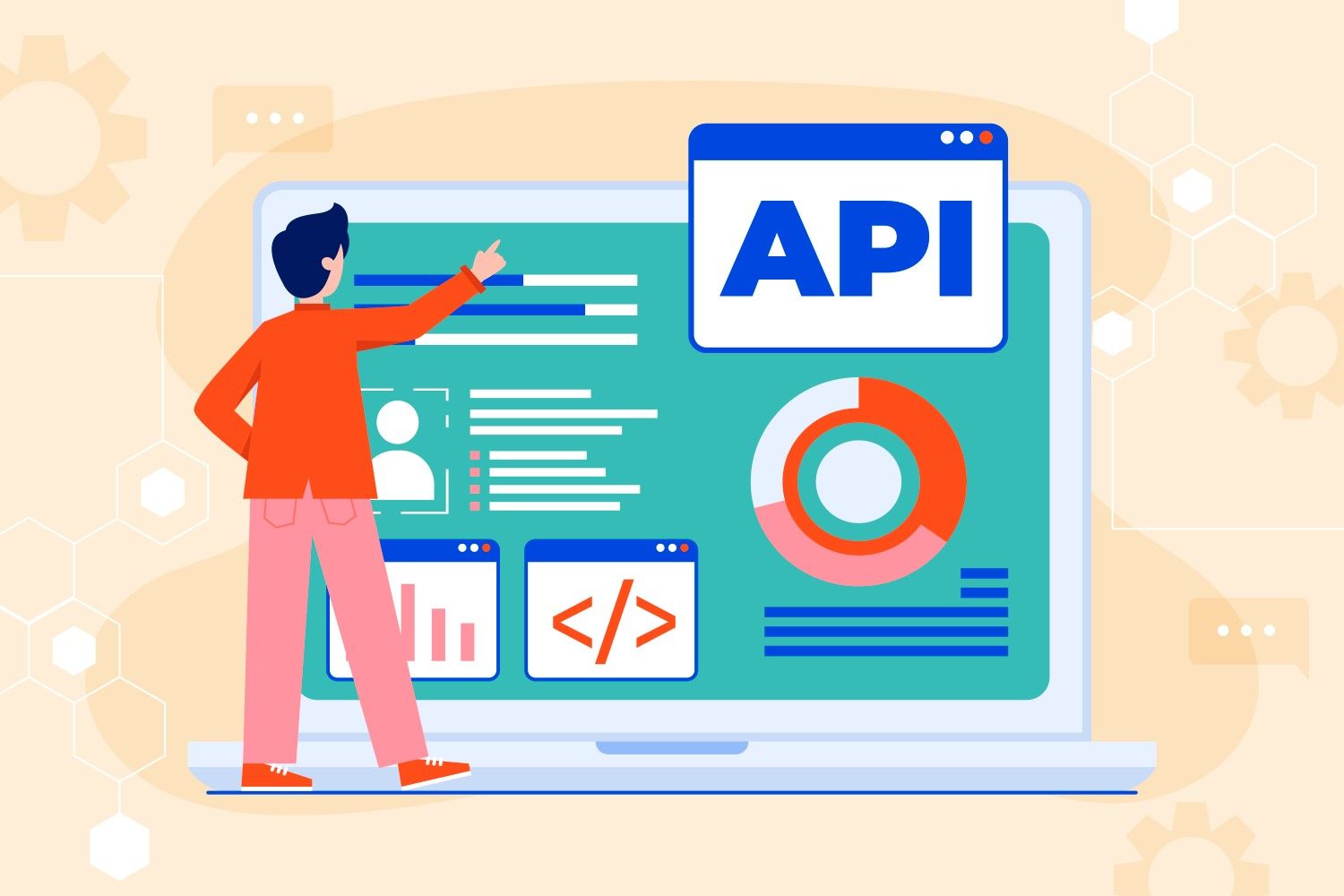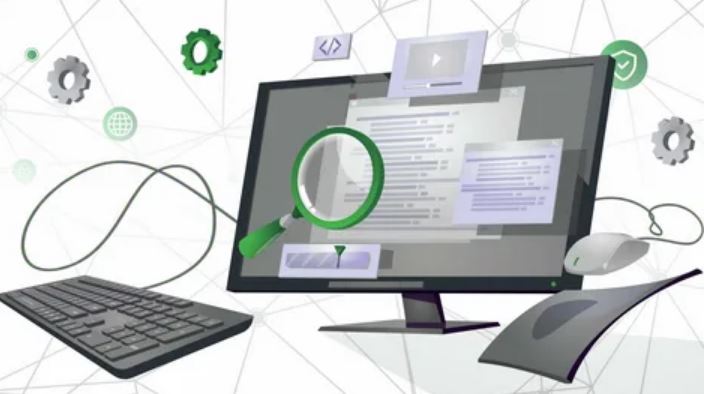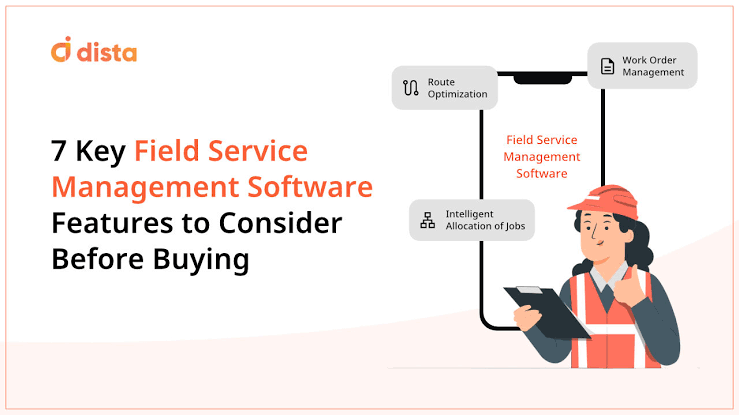How Custom Java Development Enhances Application Security

Strong 8k brings an ultra-HD IPTV experience to your living room and your pocket.
In today’s digital age, application security is more than just a technical requirement—it’s a business imperative. From startups to global enterprises, safeguarding data and systems against cyber threats is critical to maintaining trust and ensuring long-term success. Java, a long-standing and widely adopted programming language, continues to be the backbone of countless enterprise applications. But in an era where threats evolve constantly, using standard Java frameworks might not be enough. That’s where custom Java development steps in to offer a robust, tailored approach to application security.
This blog explores how custom Java development enhances security, the benefits it brings over off-the-shelf solutions, and how businesses can strategically invest in a secure digital future through customized software engineering.
The Rising Importance of Application Security
Before diving into the specifics of Java, it’s important to understand why application security has taken center stage:
- Cyberattacks are evolving: From ransomware and phishing to sophisticated injection attacks, the methods used by hackers have become more advanced.
- Data privacy regulations: Compliance with regulations like GDPR, HIPAA, and CCPA demands airtight security practices.
- Remote access vulnerabilities: The shift to remote and hybrid work has expanded the attack surface of applications.
- Brand trust and reputation: A single breach can tarnish a brand’s image and customer trust irreparably.
Organizations must now focus on building security into the fabric of their applications rather than relying on patchwork solutions after deployment.
Why Java for Secure Application Development?
Java is a preferred choice for secure enterprise applications due to its:
- Platform independence
- Automatic memory management
- Robust standard libraries
- Strong community support
- Built-in security features like bytecode verification and sandboxing
However, while these features are helpful, off-the-shelf Java solutions might not always meet the specific security needs of modern enterprises. That’s where custom Java development becomes vital.
How Custom Java Development Enhances Application Security
1. Tailored Security Architecture
Every organization has unique workflows, data handling procedures, and risk factors. A custom Java solution can be designed with a security architecture that reflects these specific needs. This may include:
- Custom authentication and authorization modules
- Role-based access controls
- Secure session management
- Audit logging systems tailored to internal compliance guidelines
With a generic framework, developers often have to compromise by adapting their security to fit the tool. Custom Java development flips this equation—letting the tool adapt to your security blueprint.
2. Minimized Attack Surface
Pre-built libraries and frameworks often come with bloated codebases, including unused features that can introduce vulnerabilities. Custom Java applications, on the other hand, are streamlined and purpose-built.
By minimizing unnecessary dependencies and code bloat, developers reduce the attack surface, making it significantly harder for attackers to find exploitable entry points.
3. Integration with Secure DevOps (DevSecOps)
Custom development empowers businesses to integrate security directly into the development lifecycle (DevSecOps). This means security checks are embedded into every phase of the software development process—from coding and testing to deployment and maintenance.
Using Java-specific static code analysis tools like SpotBugs, Checkmarx, or FindSecurityBugs, custom Java development teams can detect vulnerabilities early and fix them before production.
4. Granular Control over Encryption and Data Handling
Data encryption is a key aspect of security, and generic Java applications often use default encryption settings that may not comply with internal policies or international standards.
Custom Java development allows organizations to:
- Choose specific encryption algorithms (AES, RSA, SHA-256, etc.)
- Implement custom key management systems
- Securely handle sensitive data like credit card numbers or personal information
- Encrypt data both at rest and in transit, based on business needs
This level of control is essential for businesses handling regulated or sensitive data.
5. Real-Time Threat Monitoring and Response
Generic solutions often lack real-time visibility into application behavior. With a custom Java stack, developers can integrate:
- Intrusion detection systems (IDS)
- Real-time logging and monitoring tools
- Custom alerting mechanisms tied to specific business logic
This enables immediate responses to suspicious activities, which is essential in preventing breaches.
6. Patch Management and Zero-Day Mitigation
Pre-packaged Java software may rely on external libraries or components that introduce zero-day vulnerabilities. Organizations then become dependent on vendors for patches.
Custom Java applications offer a major advantage:
- Developers have full ownership of the codebase
- Patches and security updates can be deployed instantly
- Dependencies can be regularly audited and updated proactively
This rapid response capability drastically lowers the risk of exploits in live environments.
7. Compliance with Industry Standards
Industries like finance, healthcare, and defense have stringent security and compliance requirements. Custom Java development can be tailored to meet standards like:
- OWASP Top 10
- NIST Cybersecurity Framework
- PCI-DSS for payment processing
- HIPAA for healthcare applications
Unlike commercial platforms that may only provide partial compliance support, custom-built applications can be engineered from the ground up to ensure full regulatory alignment.
8. Support for Multi-Factor Authentication (MFA) and Biometrics
Incorporating multi-factor authentication or biometrics into a generic Java-based solution is often limited by framework constraints. With a custom Java approach, developers can seamlessly integrate:
- One-time passwords (OTP)
- Biometric APIs (fingerprint, facial recognition)
- Hardware tokens (YubiKey, smart cards)
This makes user verification stronger and harder to bypass.
9. Security Beyond the Application Layer
Security doesn’t stop at the code—it must extend to deployment environments, cloud configurations, and runtime behavior. Custom Java applications can be engineered to include:
- Secure API gateways
- Containerization best practices (with Docker/Kubernetes)
- Zero Trust Network Architecture (ZTNA)
- Custom firewalls and access control mechanisms
By embedding security policies across layers, custom Java development enhances the resilience of the entire ecosystem.
Real-World Use Case: Securing a Financial Application
Let’s say a fintech startup wants to build a mobile banking app. Using custom Java development, the security architecture can be designed to include:
- Encrypted transaction logs
- Dual-factor authentication with push notifications
- Custom fraud detection algorithms
- Secure APIs for third-party integration (e.g., KYC verification)
- Real-time analytics dashboards for suspicious activity
All these features would be challenging to implement using off-the-shelf components. But through custom development, the application can meet stringent banking security standards while maintaining a smooth user experience.
Enterprise Custom Software Development and Java
When discussing application security in complex systems, the role of enterprise custom software development becomes crucial. Enterprises need scalable, secure, and reliable applications that are designed around their infrastructure, user base, and risk landscape.
Custom Java development plays a key role in these scenarios—offering unmatched flexibility and security. Whether it’s building ERP systems, client portals, internal dashboards, or customer-facing apps, Java provides the scalability and performance needed at the enterprise level, while custom development ensures security is never an afterthought.
Best Practices for Secure Java Development
Here are a few essential tips for building secure custom Java applications:
- Follow secure coding practices: Avoid serialization where unnecessary, validate inputs, and sanitize outputs.
- Audit third-party libraries: Keep them minimal and updated regularly.
- Use security-focused frameworks: Like Spring Security for authentication and access control.
- Encrypt everything: From database entries to network traffic.
- Perform regular penetration testing: Simulate real-world attacks to uncover weaknesses.
- Keep JVM and application servers up to date: Always use the latest stable versions.
Conclusion
Security is no longer a feature—it’s a foundational requirement. In an era where cyber threats are relentless and data privacy is paramount, businesses must proactively invest in secure application development strategies.
Custom Java development offers an ideal balance of flexibility, scalability, and control—allowing businesses to architect security into the DNA of their applications. From tailored encryption and real-time threat detection to compliance and performance optimization, a custom approach empowers organizations to stay ahead of risks.
At FX31 Labs, we specialize in crafting secure, high-performance solutions using Java and other leading technologies. While we don't believe in overpromotion, our expertise in enterprise custom software development has helped clients across industries build resilient digital products that meet today’s challenges—and tomorrow’s demands.
By choosing the custom path, you're not just building software. You're fortifying your business.
Note: IndiBlogHub features both user-submitted and editorial content. We do not verify third-party contributions. Read our Disclaimer and Privacy Policyfor details.







